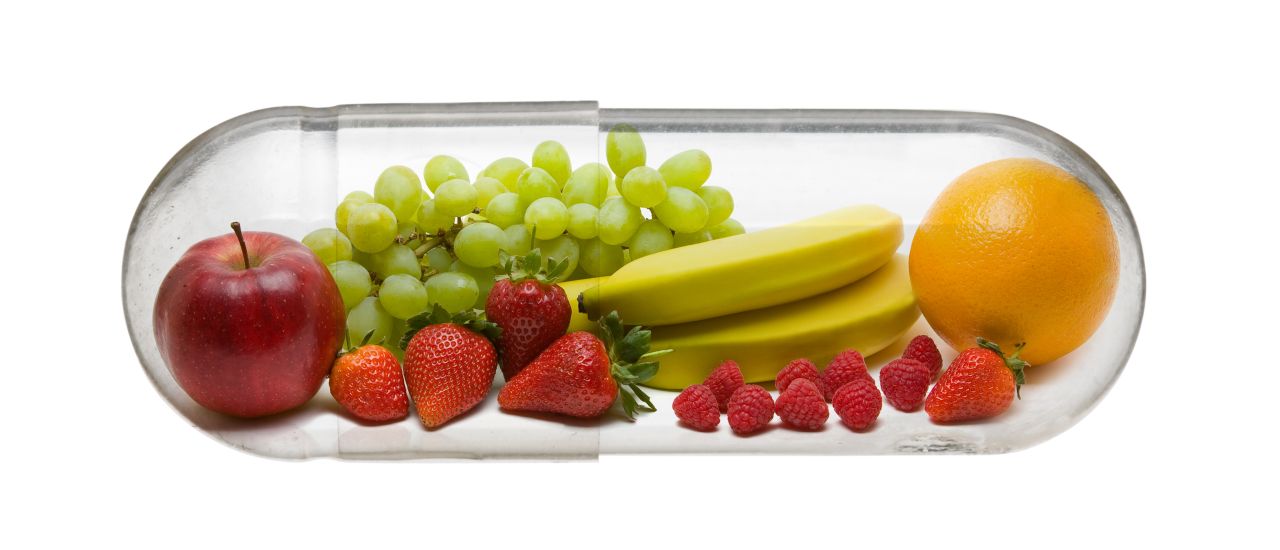Your pharmacist always tells you whether to take your medication before or after food, and whether or not it’s OK to take them with alcohol or before you drive. But do they ever tell you what you should and shouldn’t eat or drink? They should! This is because what you eat and drink has a powerful effect on your body, and what you consume can change the way that medication works in your system.
Here, we look at the most common food and drinks which can interfere with medication.
Caffeine
If you’re taking cough mixture and asthma medication at the same time, avoid anything with caffeine in as it can cause the shakes and anxiety, and keep you awake at night. If you’re taking medication such as eltroxin for a thyroid condition, then caffeine can stop your body from absorbing the medication properly.
Grapefruit
Sure, it’s a healthy breakfast option for many, but if you’re taking medication such as Lipitor or Simvasitin to lower your blood pressure, then it’s best to give grapefruit a miss. It can slow down the absorption of medication, which can lead to worse side-effects and an increased risk of liver damage or kidney failure.
Alcohol
Booze can make you feel drowsy if you’re taking any painkiller, but the side-effects are even worse if you’re mixing it with anti-depressants like Wellbutrin, Seroquel or Fluoxetine.
Over-the-counter medication that doesn’t mix well with alcohol is paracetamol. This is because it’s processed through your liver, just like alcohol. So mixing the two means the painkiller won’t work as well as it should.
Dark green leafy vegetables (spinach, dark lettuce and parsley)
These very healthy vegetables are packed with vitamin K, which is good for everyone – except if you’re taking blood thinners such as Warfarin. Vitamin K interferes with how Warfarin works in the body, and this puts the person mixing the two at risk.

